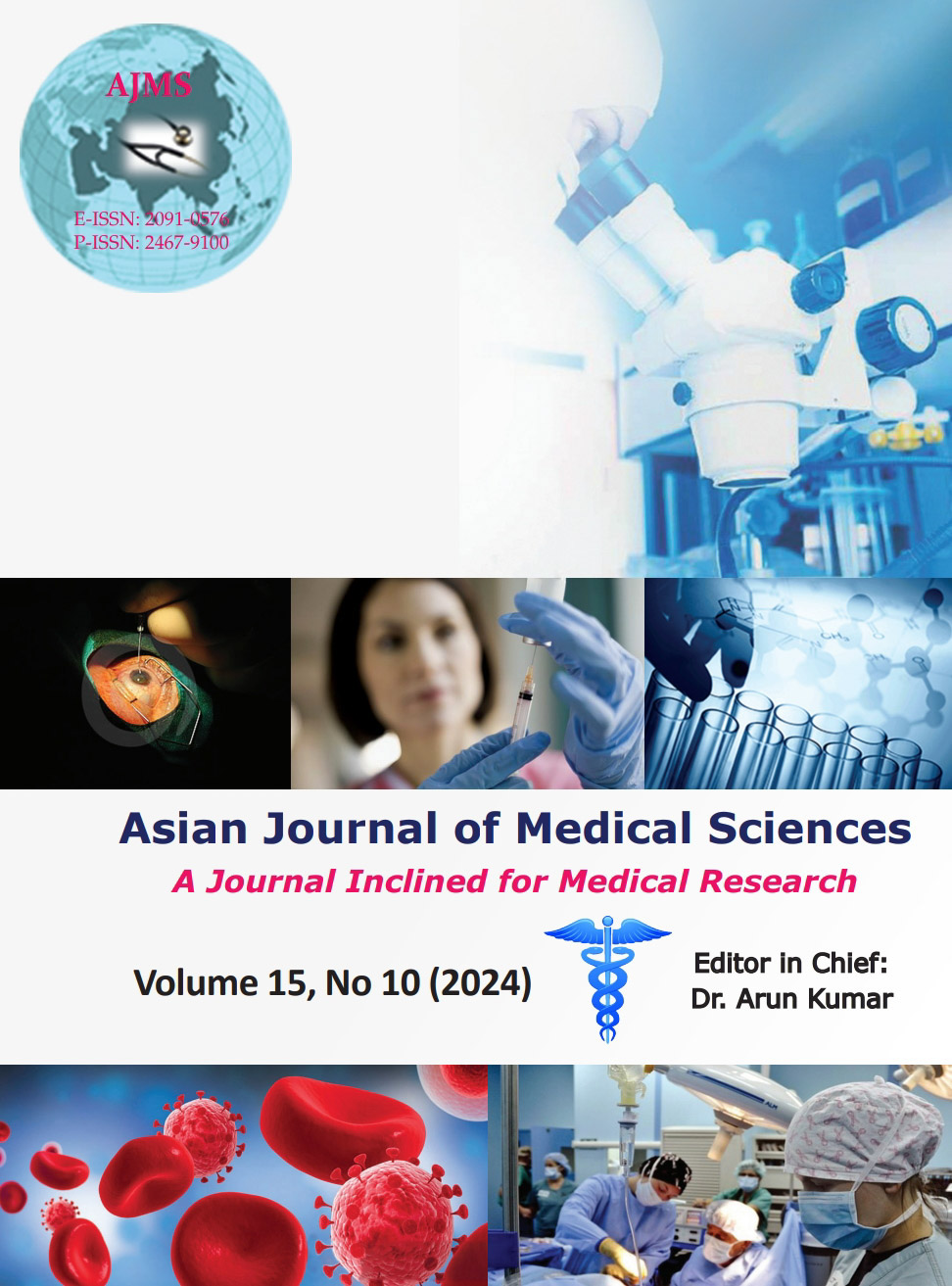Prophylactic zinc versus placebo lozenges in preventing post-operative sore throat following intubation using king vision video laryngoscope: A comparative study
Keywords:
Endotracheal intubation; King Vision video laryngoscope; Post-operative sore throat; Zinc lozengesAbstract
Background: Post-operative sore throat (POST) can be a cause of great discomfort after endotracheal intubation with an incidence of up to 65%. While there are studies demonstrating the efficacy of prophylactic zinc lozenges in decreasing POST in patients intubated using MacIntosh laryngoscope, similar studies with King Vision video laryngoscope (KVVL) are lacking. Hence, we conducted this study to assess whether similar beneficial effects can be seen in South Indian patients.
Aims and Objectives: The primary objective was to evaluate the efficacy of prophylactic zinc lozenges for the prevention of POST in patients intubated using channeled KVVL. The Secondary objectives were to assess the severity of POST, the duration of laryngoscopy, and the number of intubation attempts and their effect on POST.
Materials and Methods: In this prospective comparative trial, 94 American Society of Anesthesiologists physical status one and two patients, randomized into two groups received either 40 mg of a zinc lozenge or a placebo, 30 min before endotracheal intubation POST was evaluated after surgery at 0, 2, 4, 6, and 24 h.
Results: The overall incidence of POST in the zinc group was 13.18% and in the placebo group was 26.37% resulting in an almost 50% reduction in the overall incidence of POST.
Conclusion: The administration of zinc lozenge 30 min preoperatively is effective to reduce the incidence of POST in the immediate and early post-operative period.
Downloads
Downloads
Published
How to Cite
Issue
Section
License
Copyright (c) 2024 Asian Journal of Medical Sciences

This work is licensed under a Creative Commons Attribution-NonCommercial 4.0 International License.
Authors who publish with this journal agree to the following terms:
- The journal holds copyright and publishes the work under a Creative Commons CC-BY-NC license that permits use, distribution and reprduction in any medium, provided the original work is properly cited and is not used for commercial purposes. The journal should be recognised as the original publisher of this work.
- Authors are able to enter into separate, additional contractual arrangements for the non-exclusive distribution of the journal's published version of the work (e.g., post it to an institutional repository or publish it in a book), with an acknowledgement of its initial publication in this journal.
- Authors are permitted and encouraged to post their work online (e.g., in institutional repositories or on their website) prior to and during the submission process, as it can lead to productive exchanges, as well as earlier and greater citation of published work (See The Effect of Open Access).




